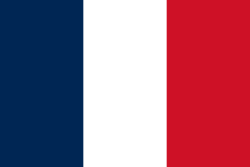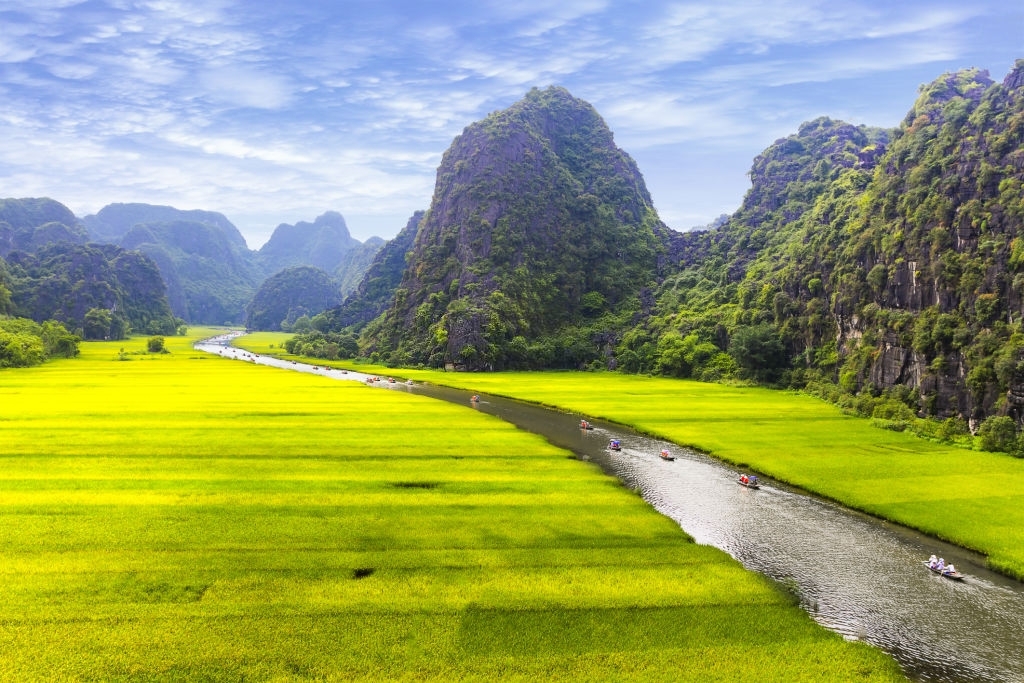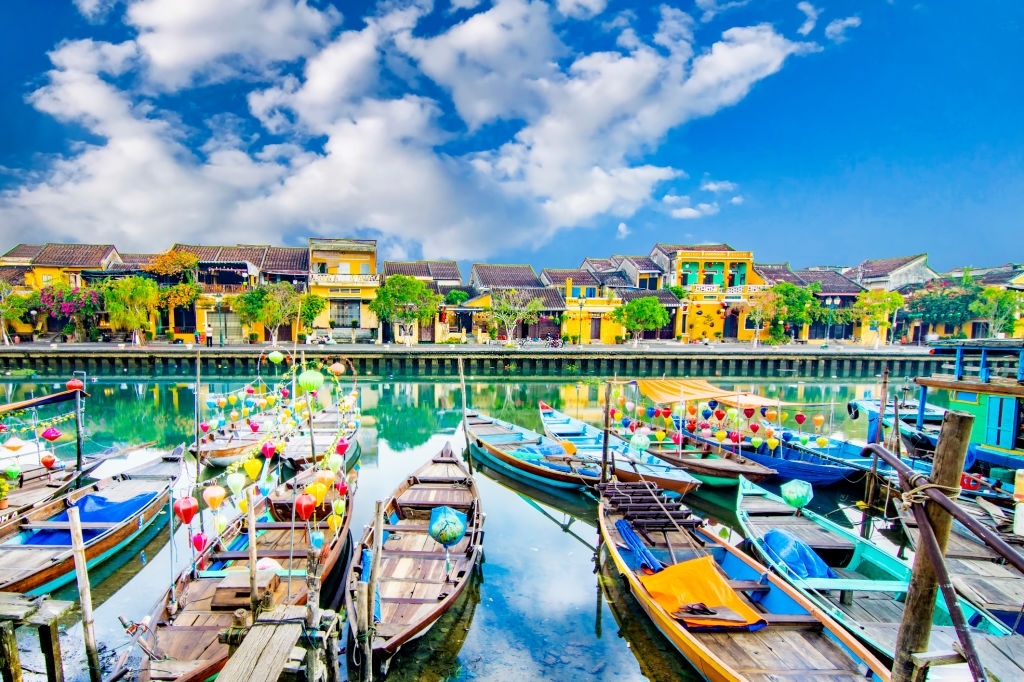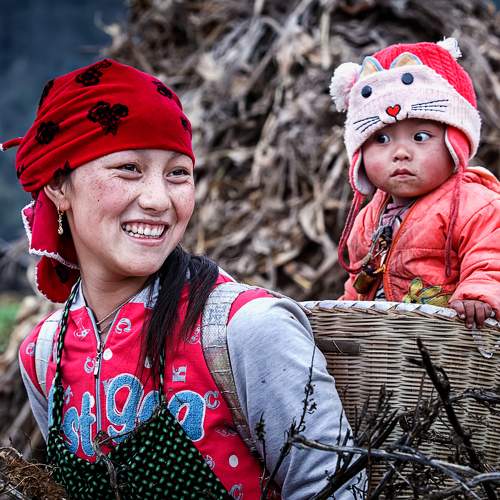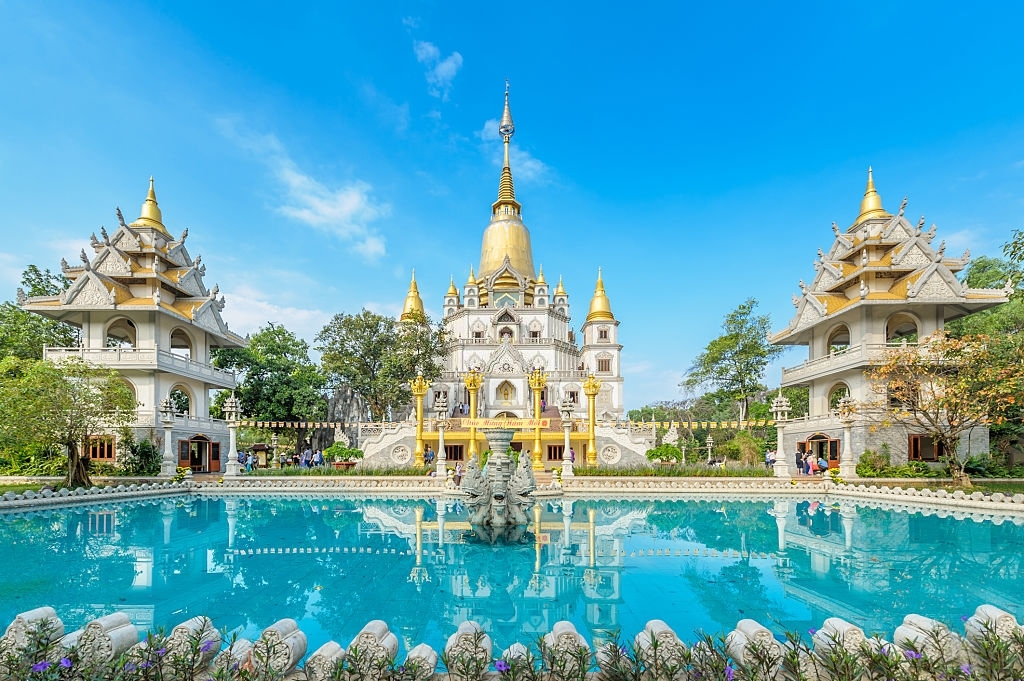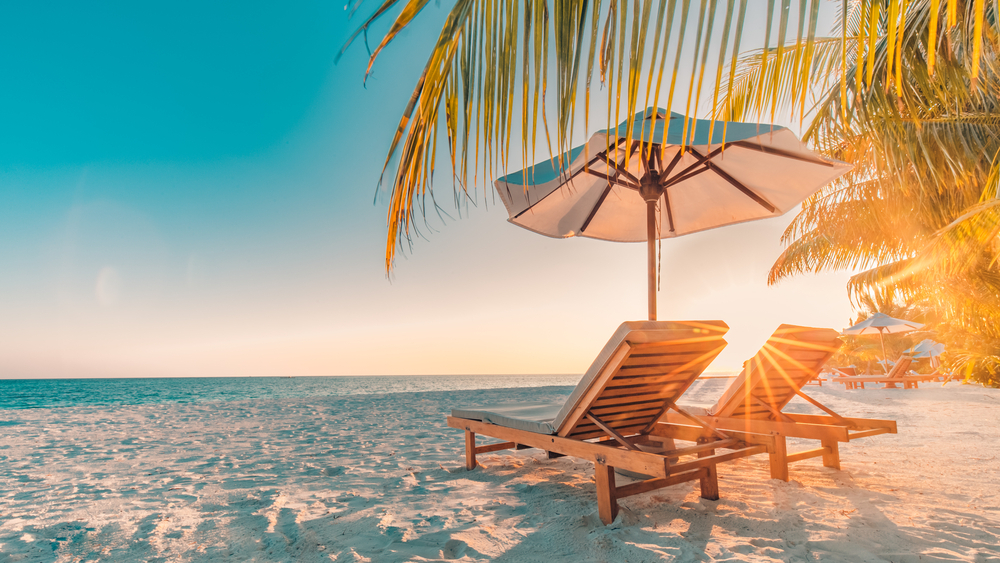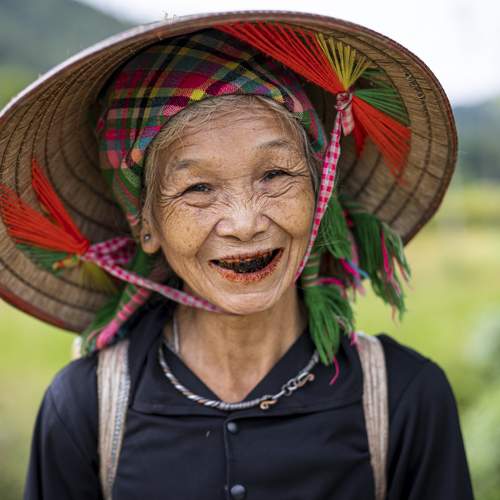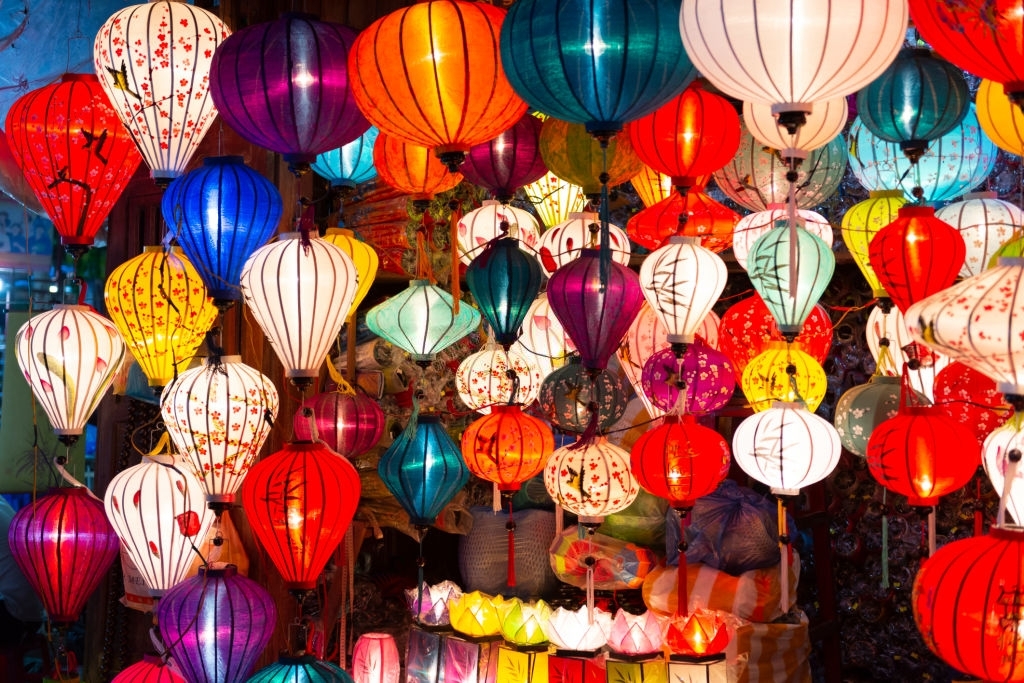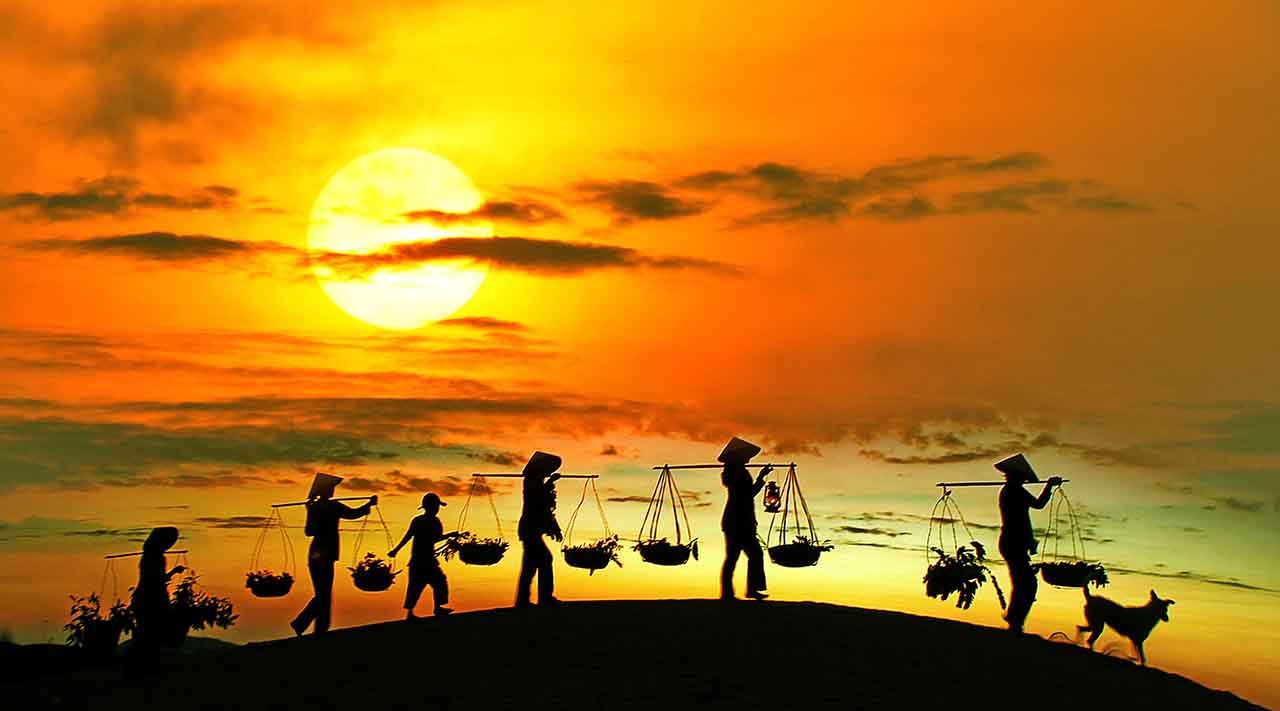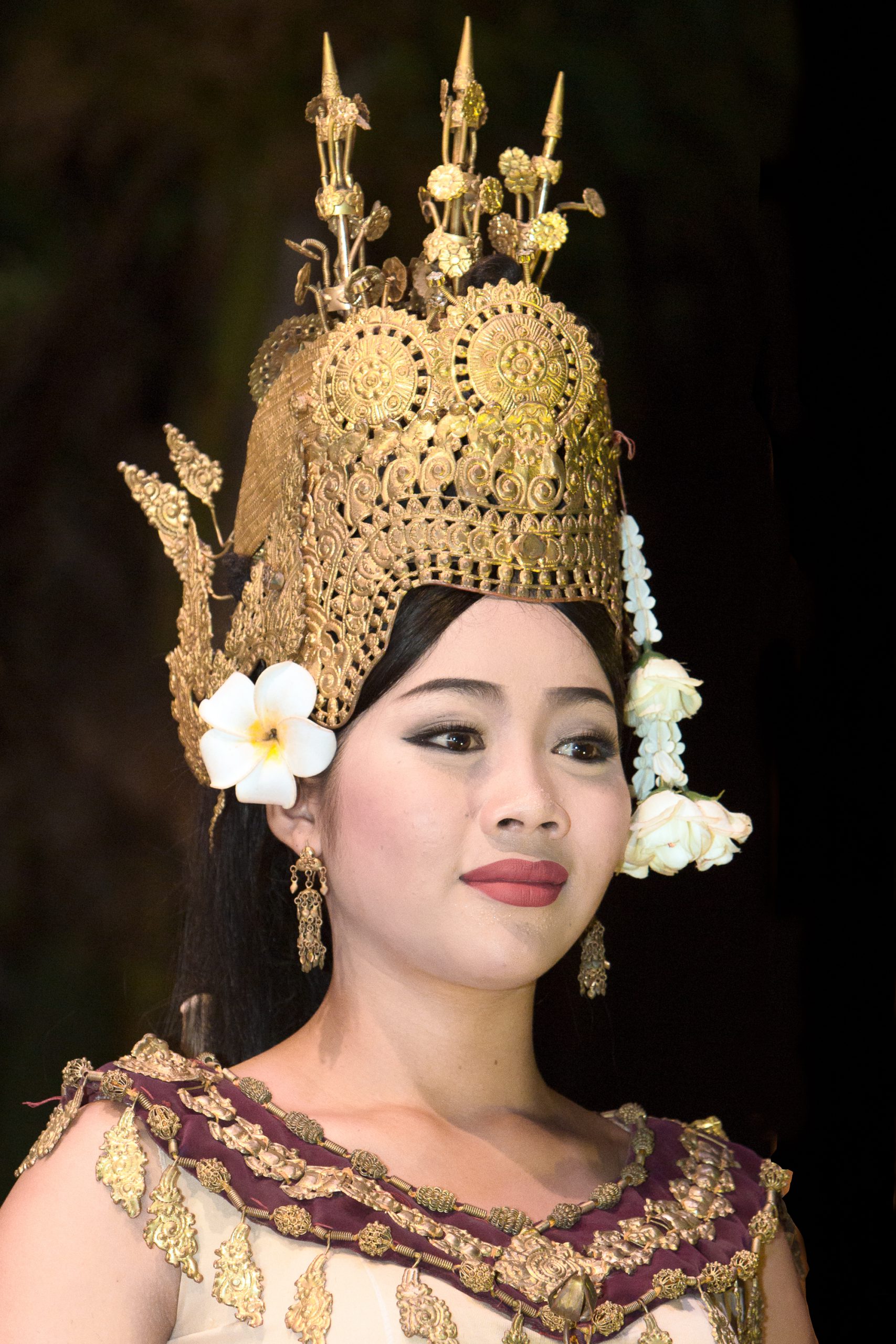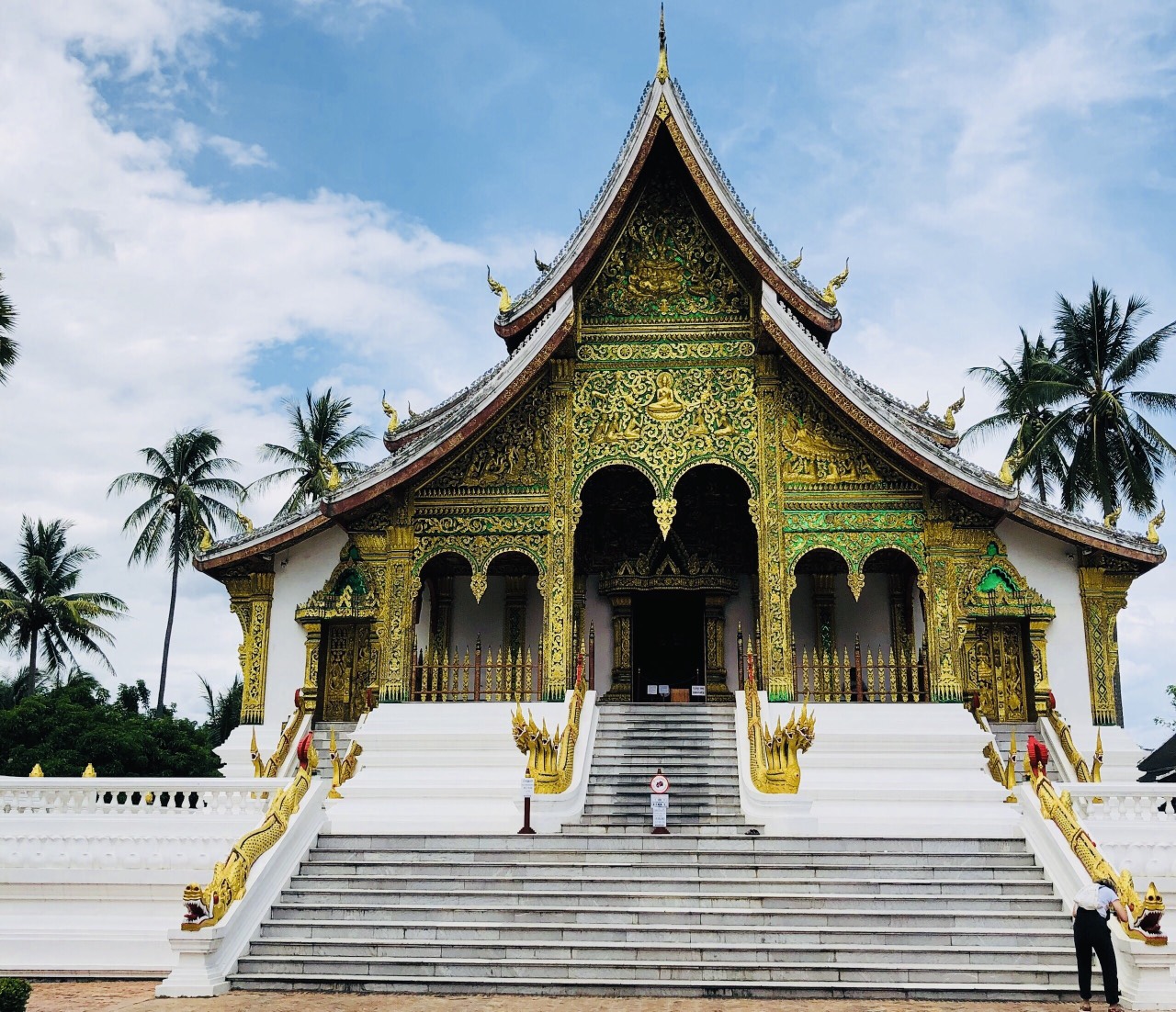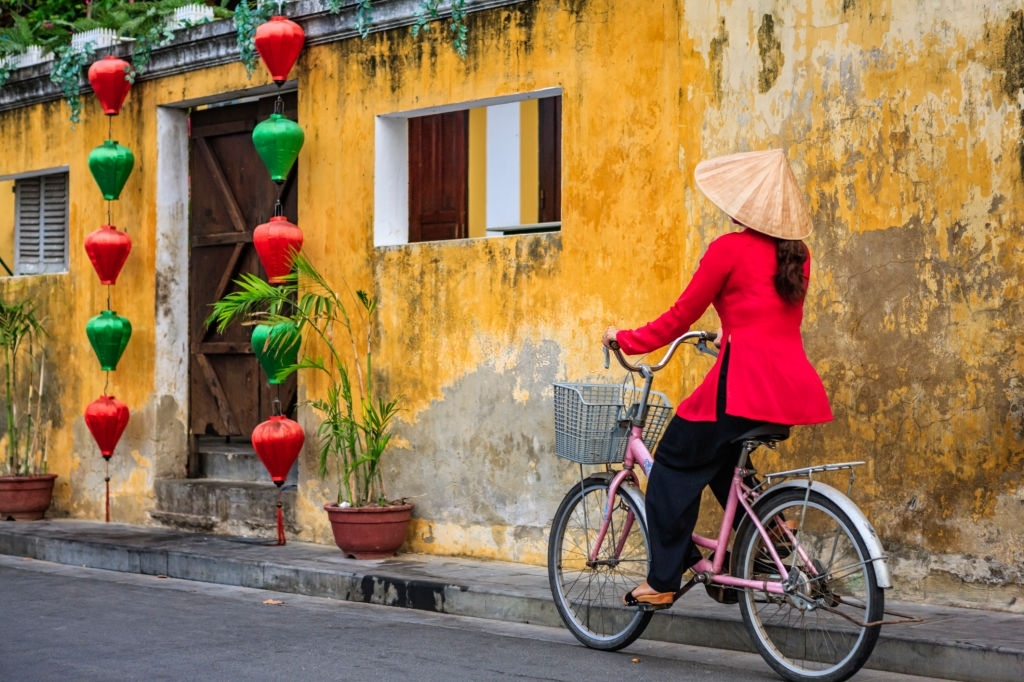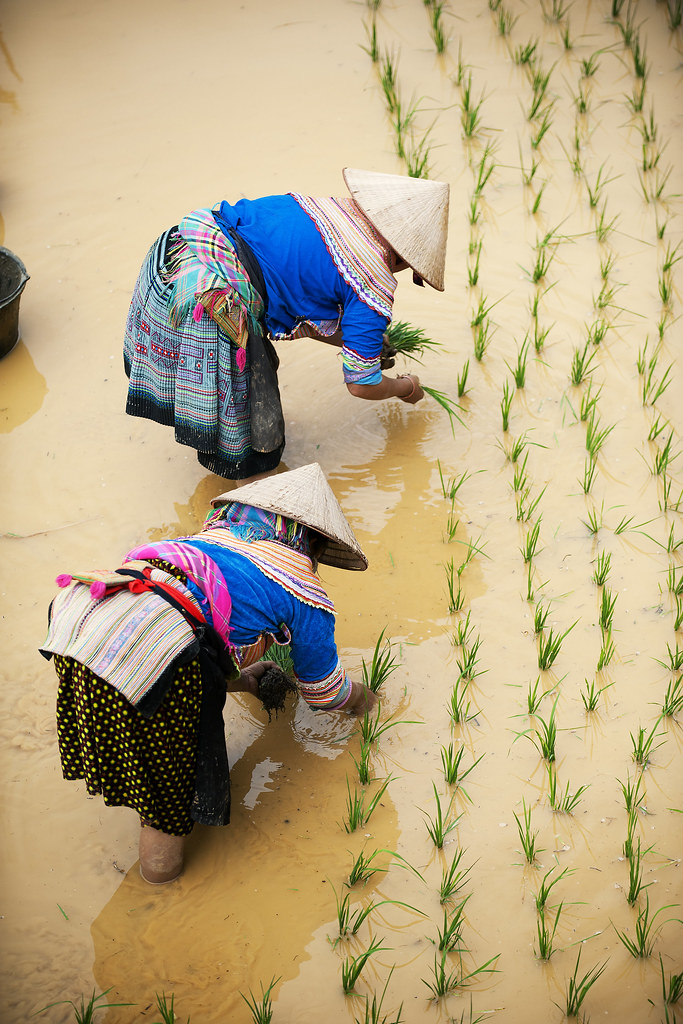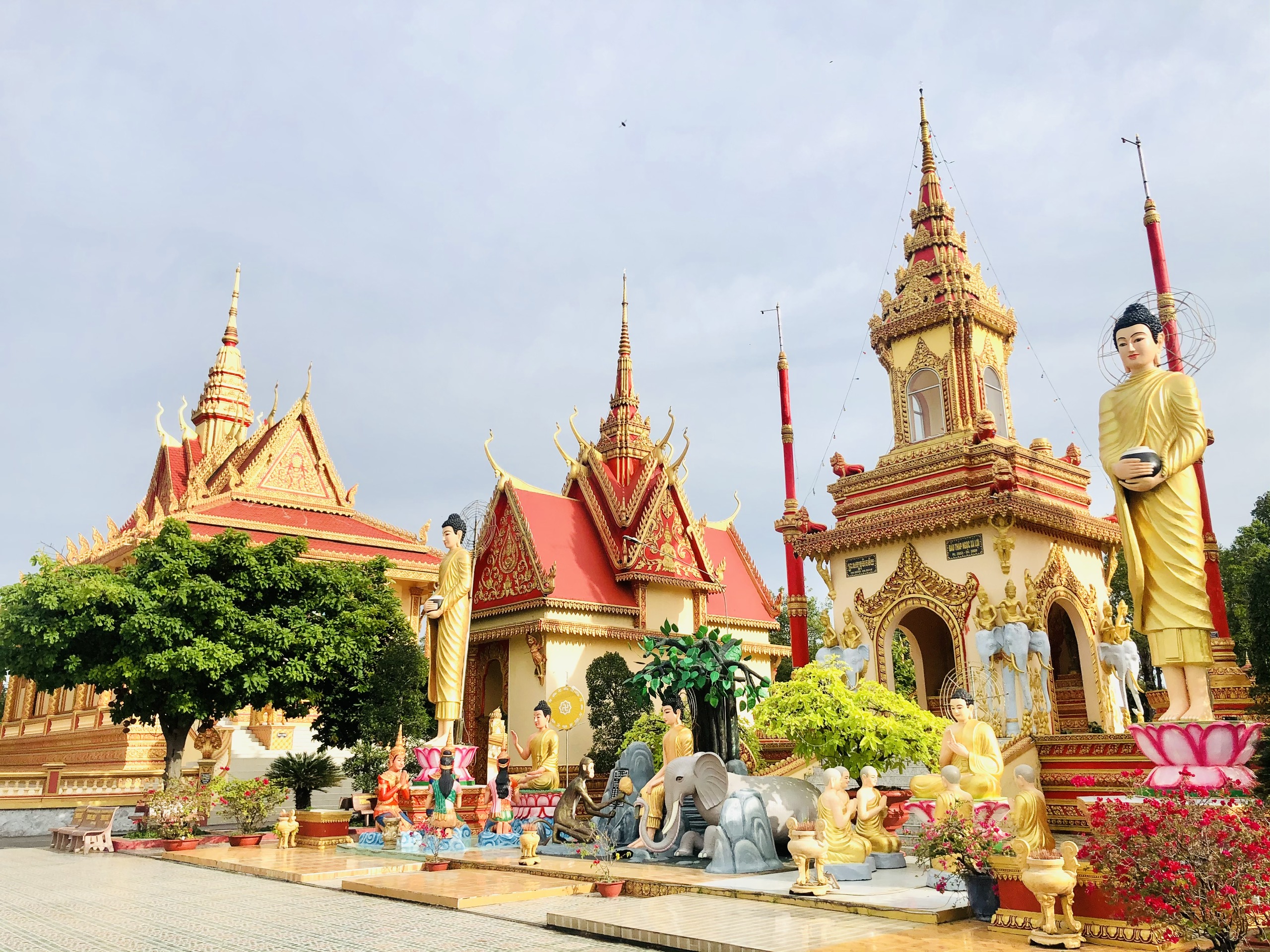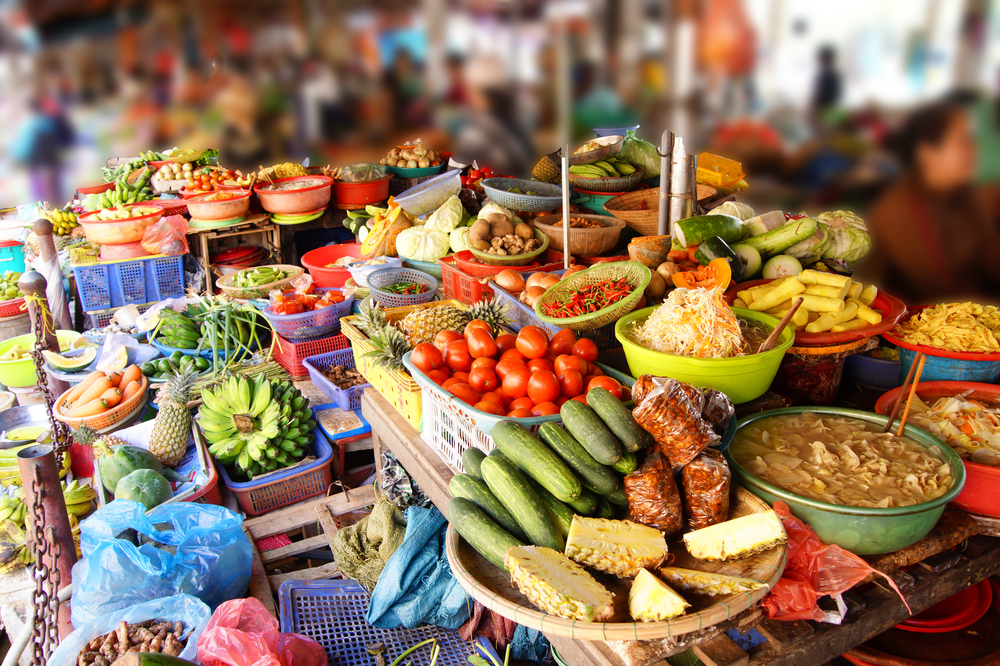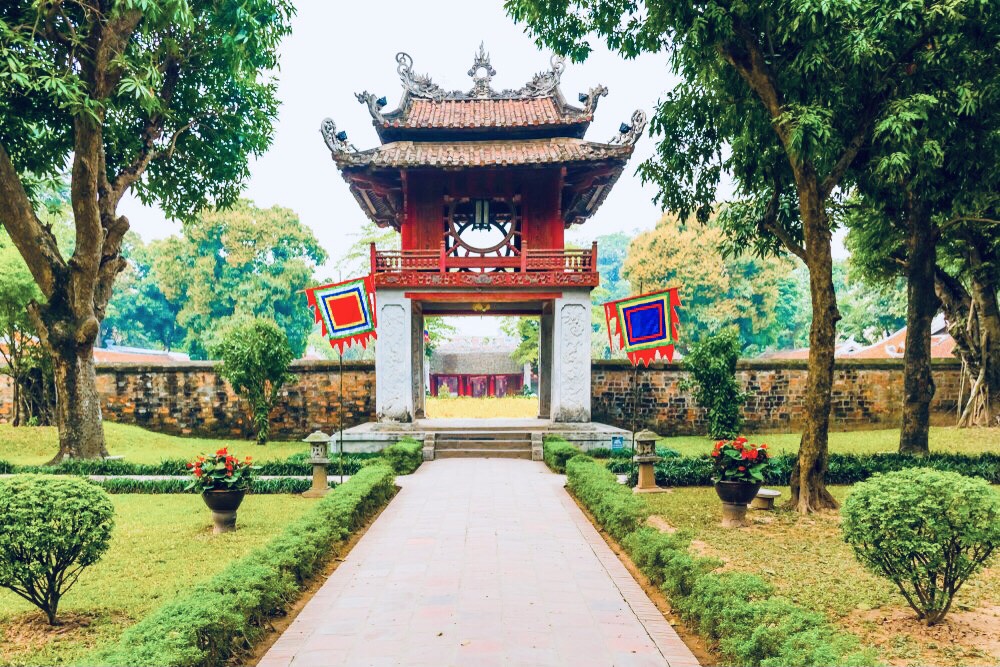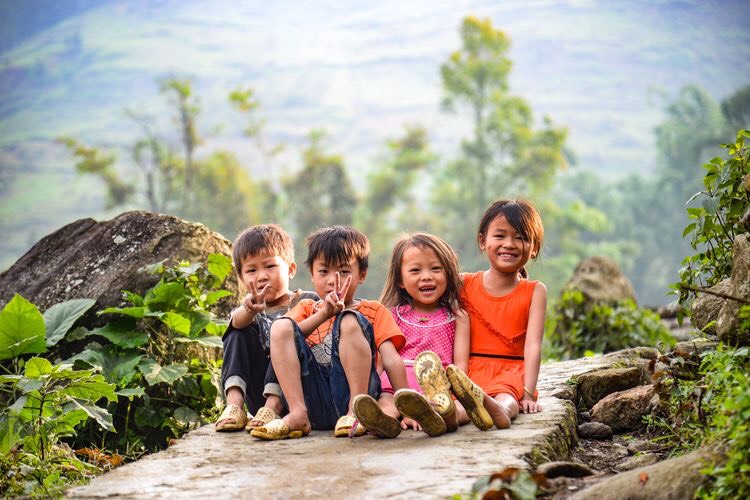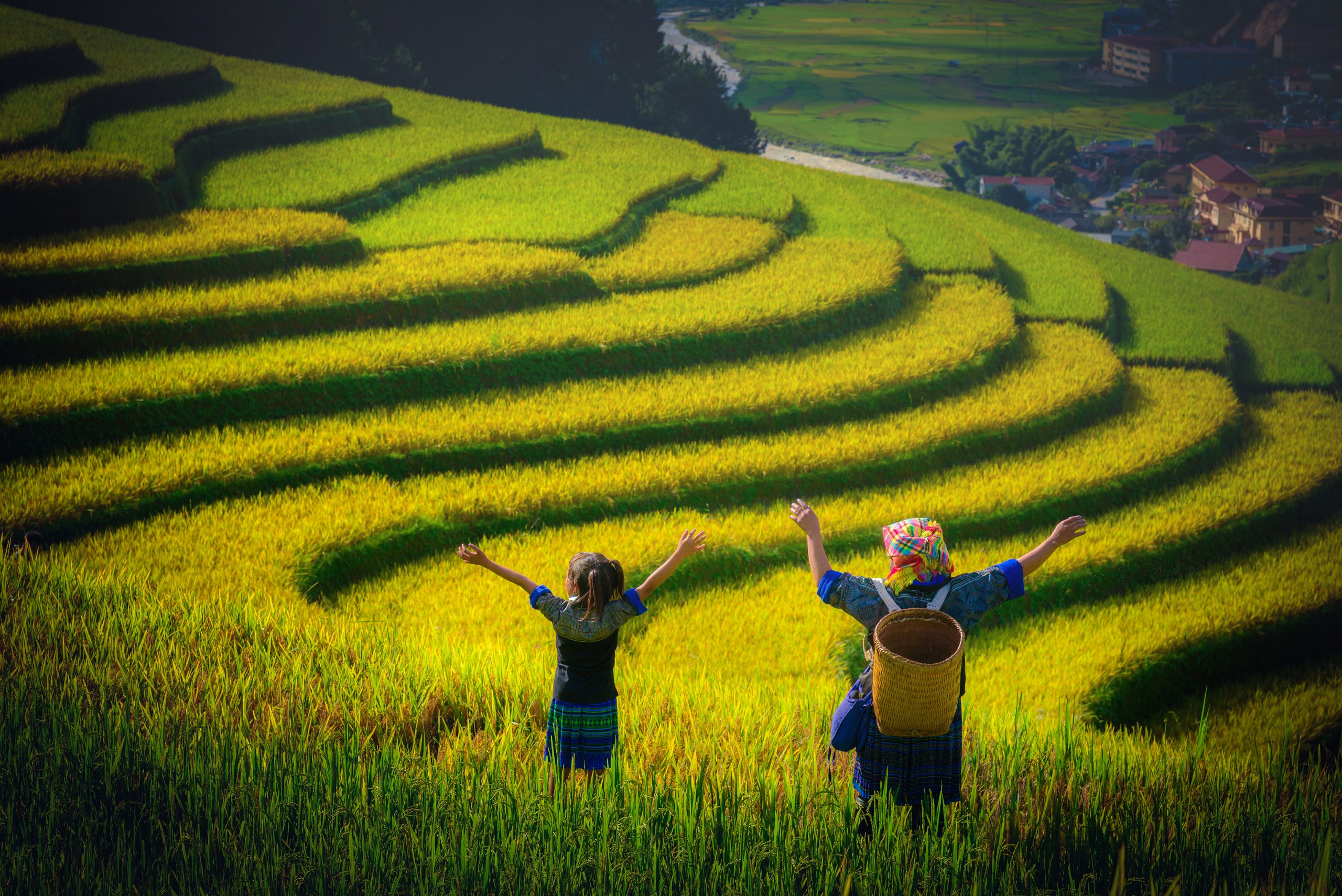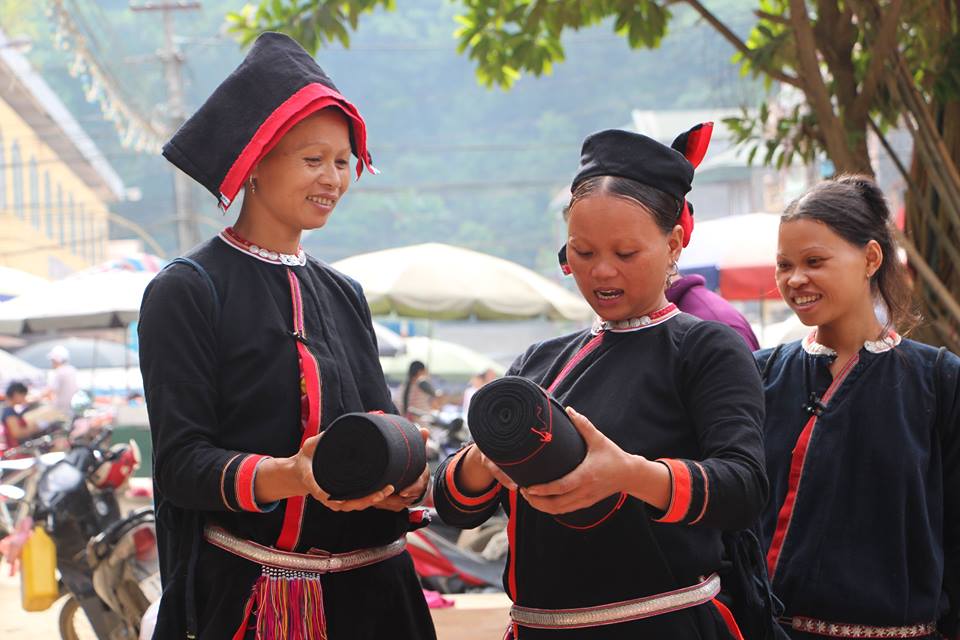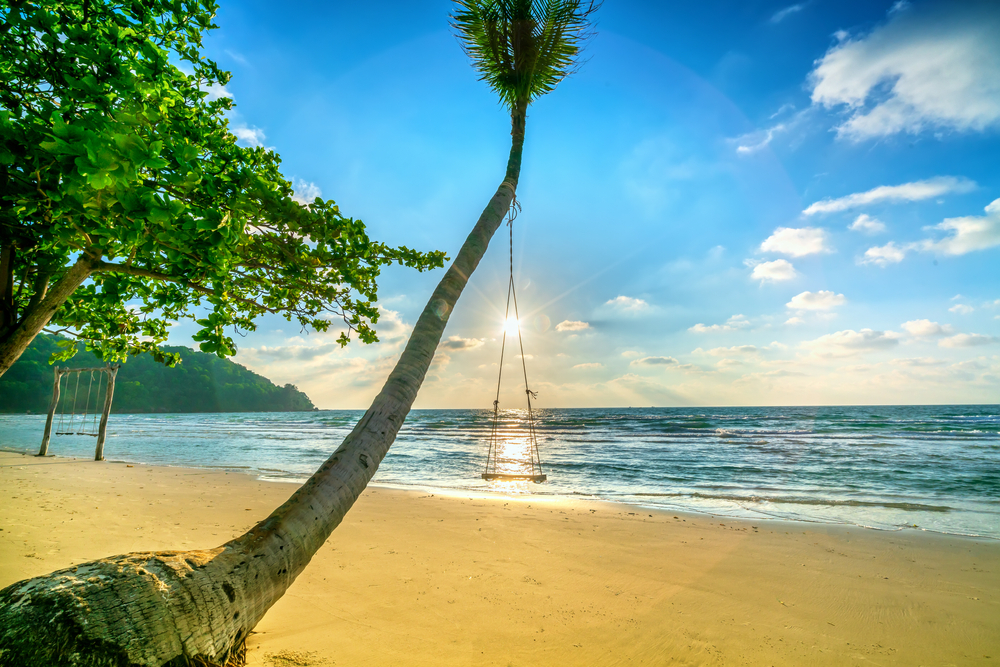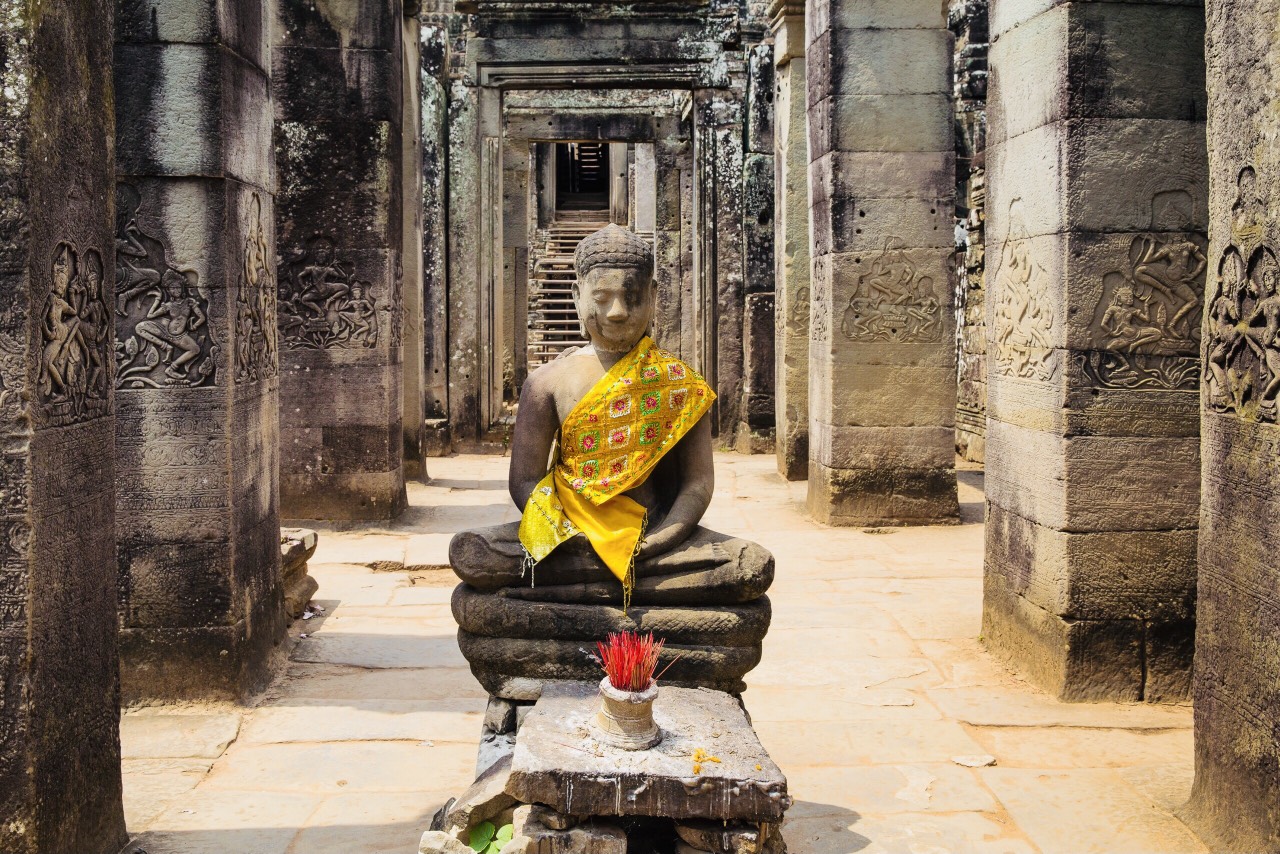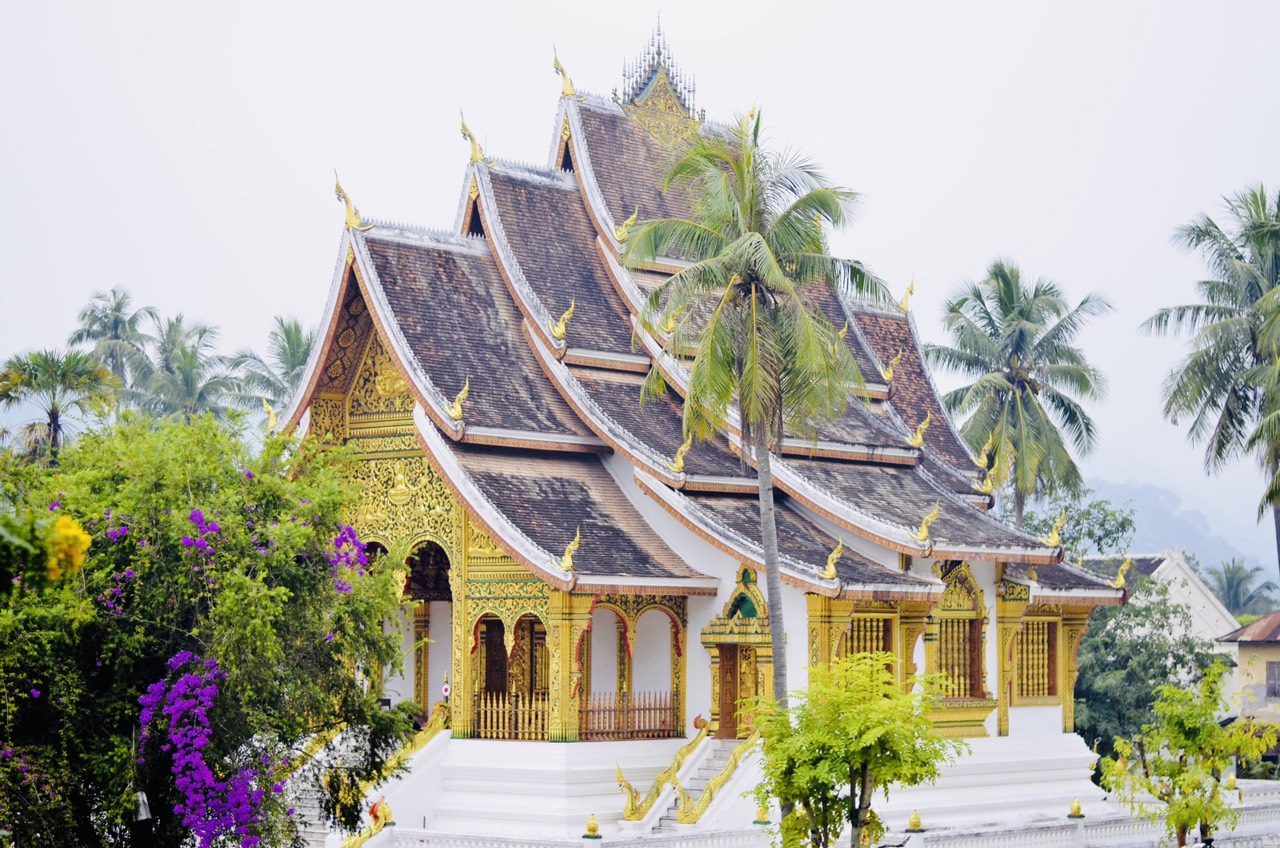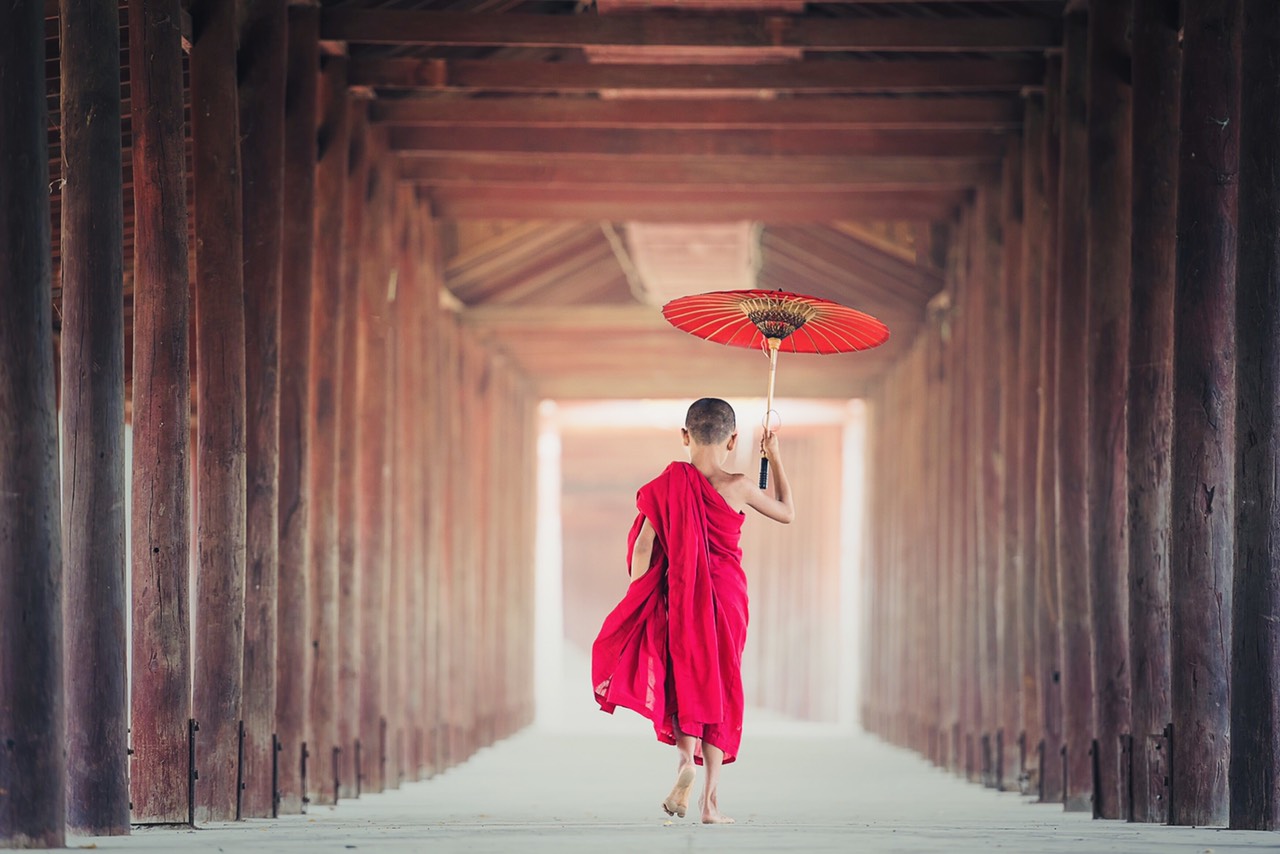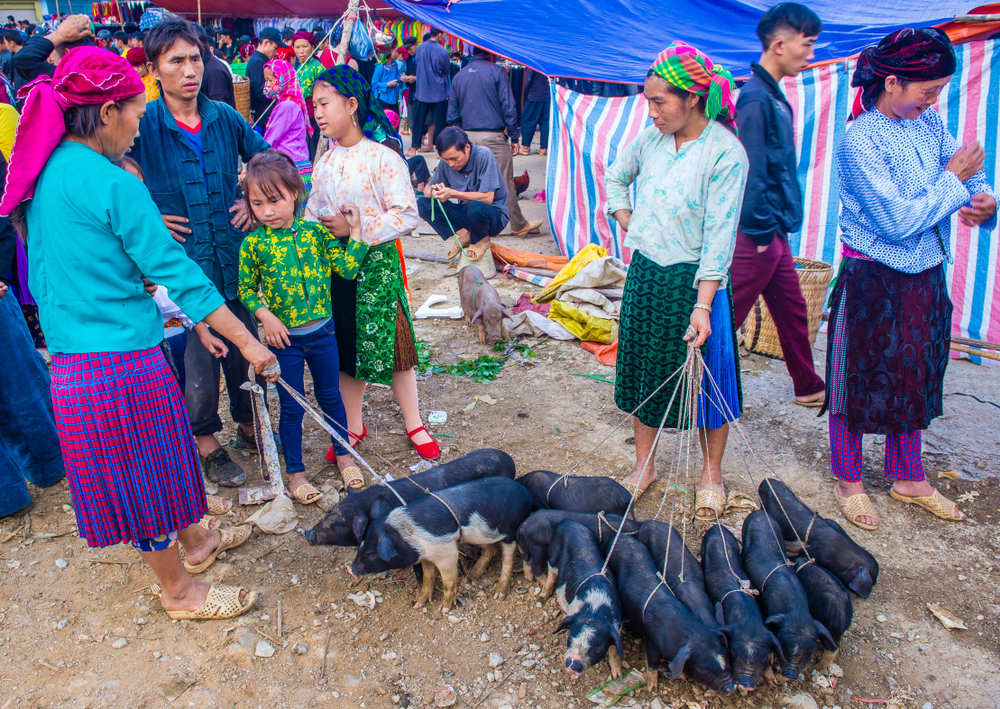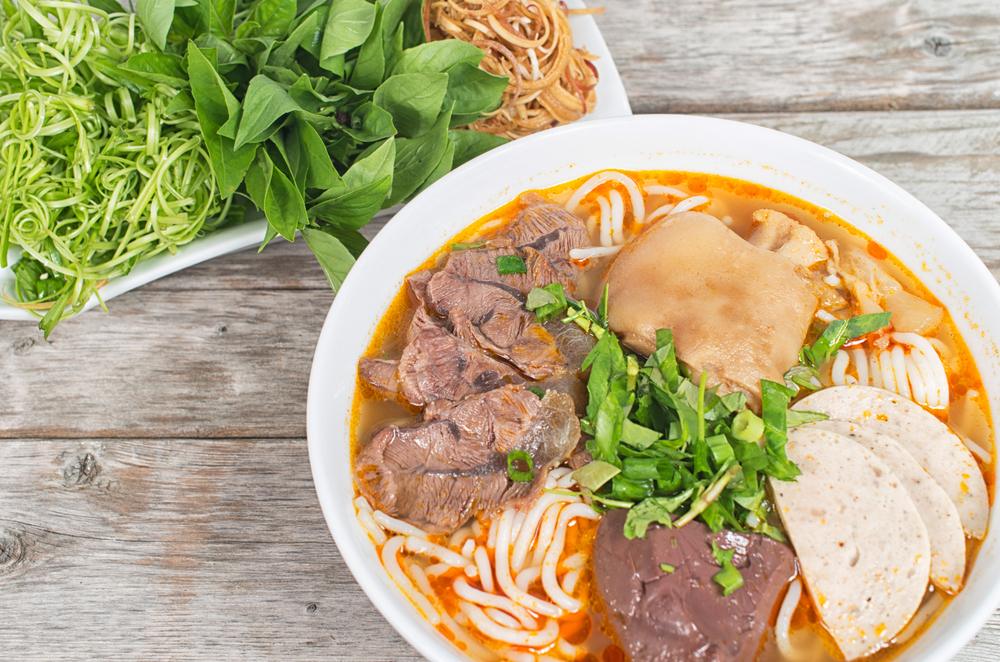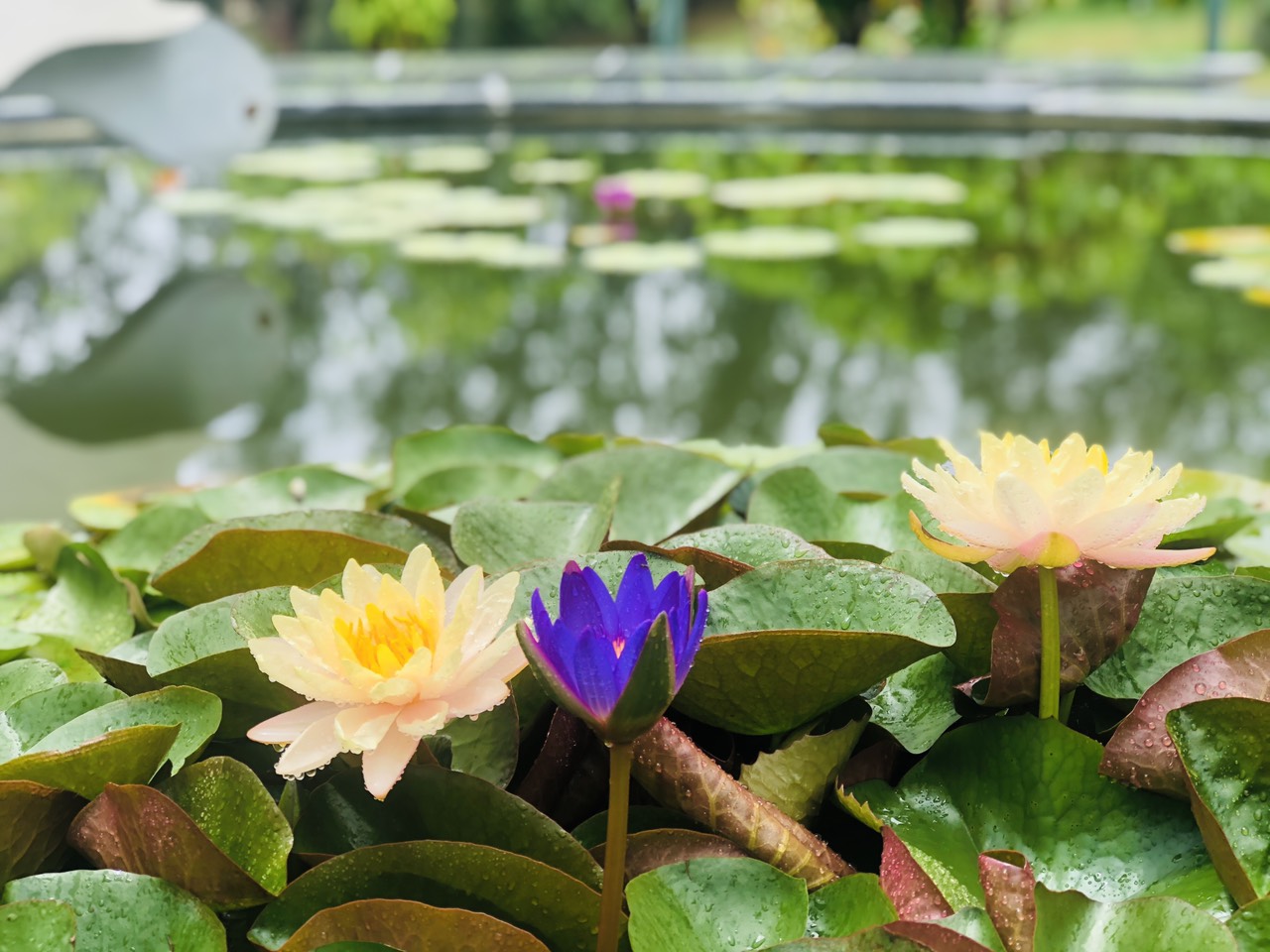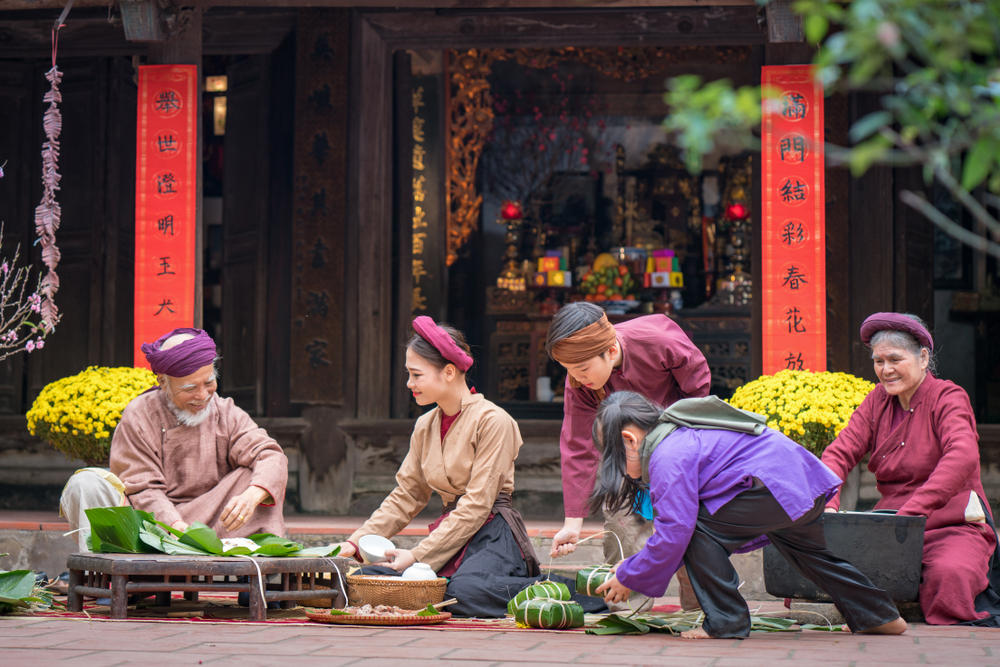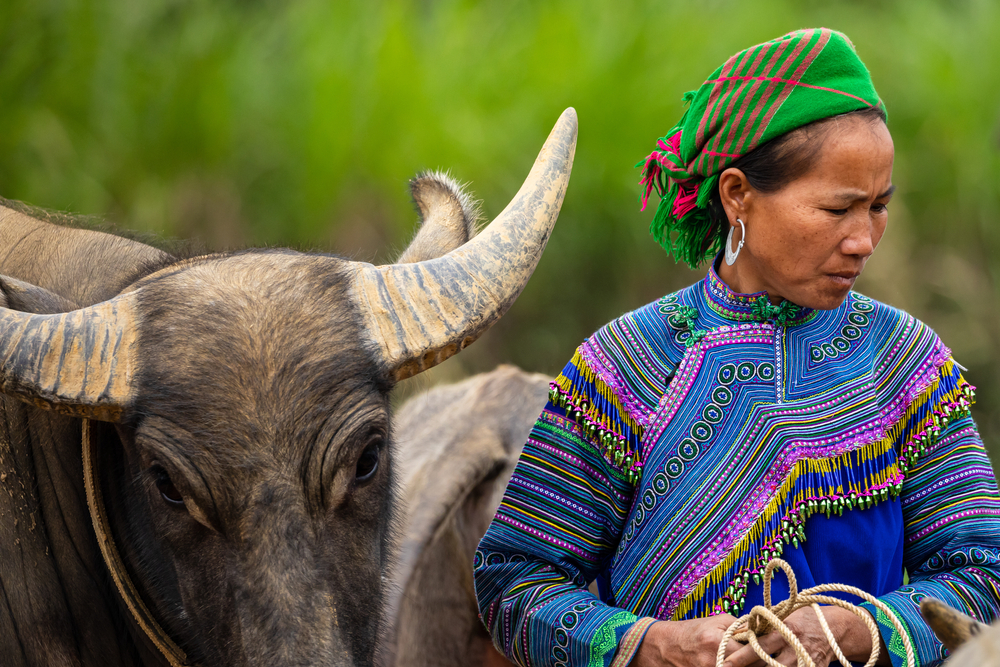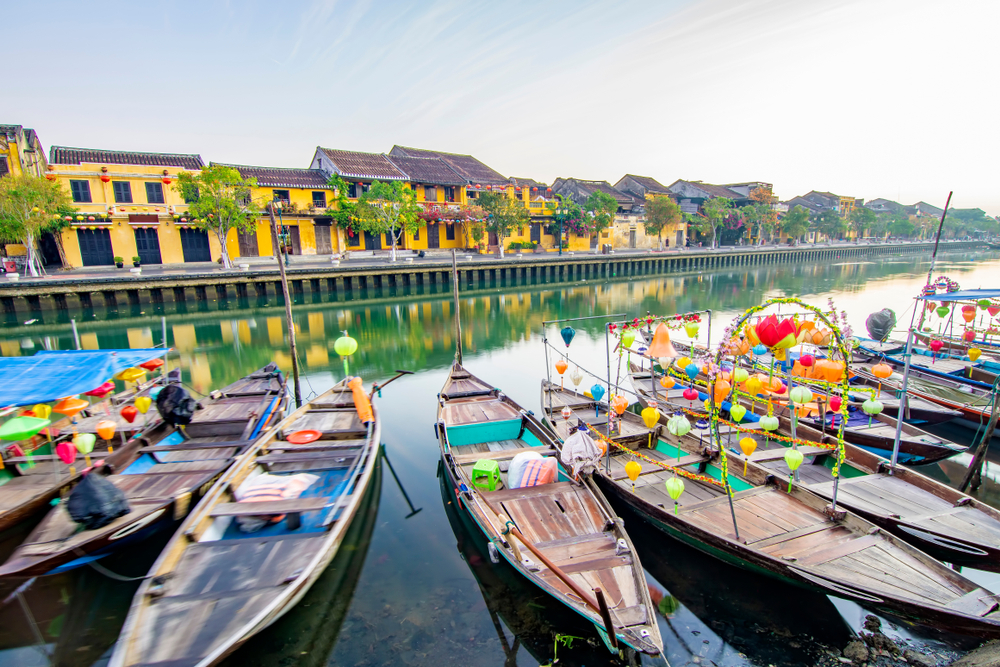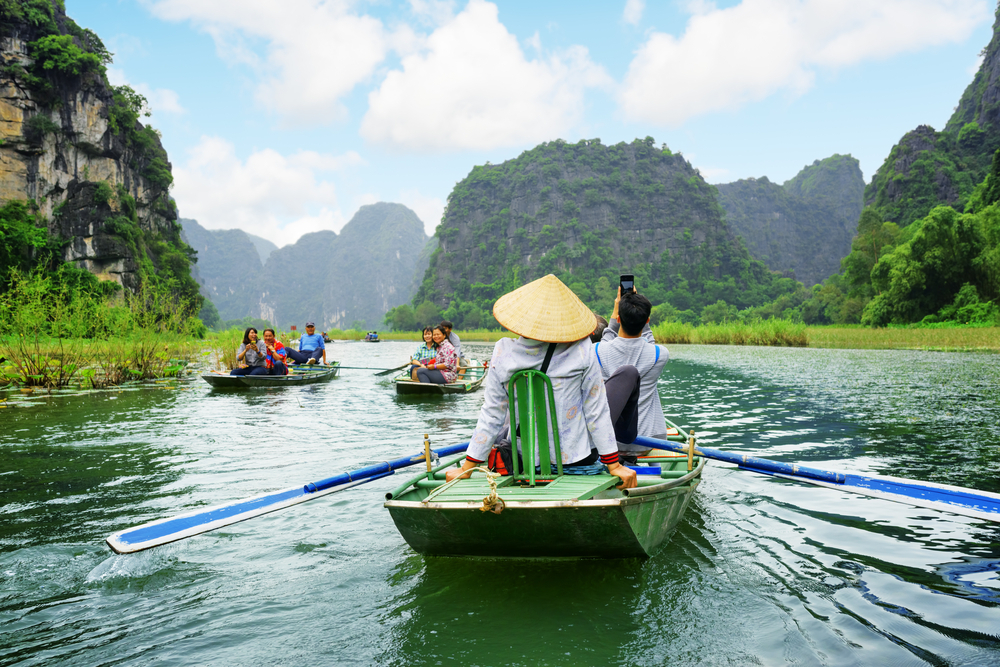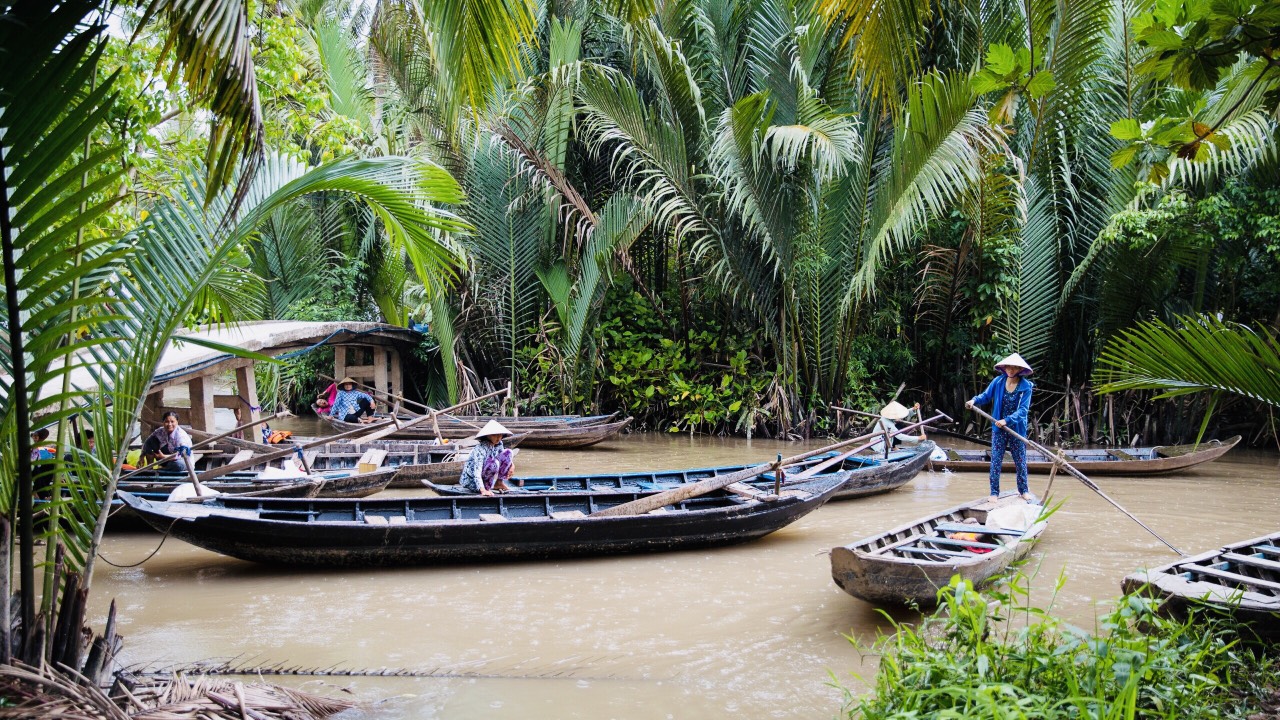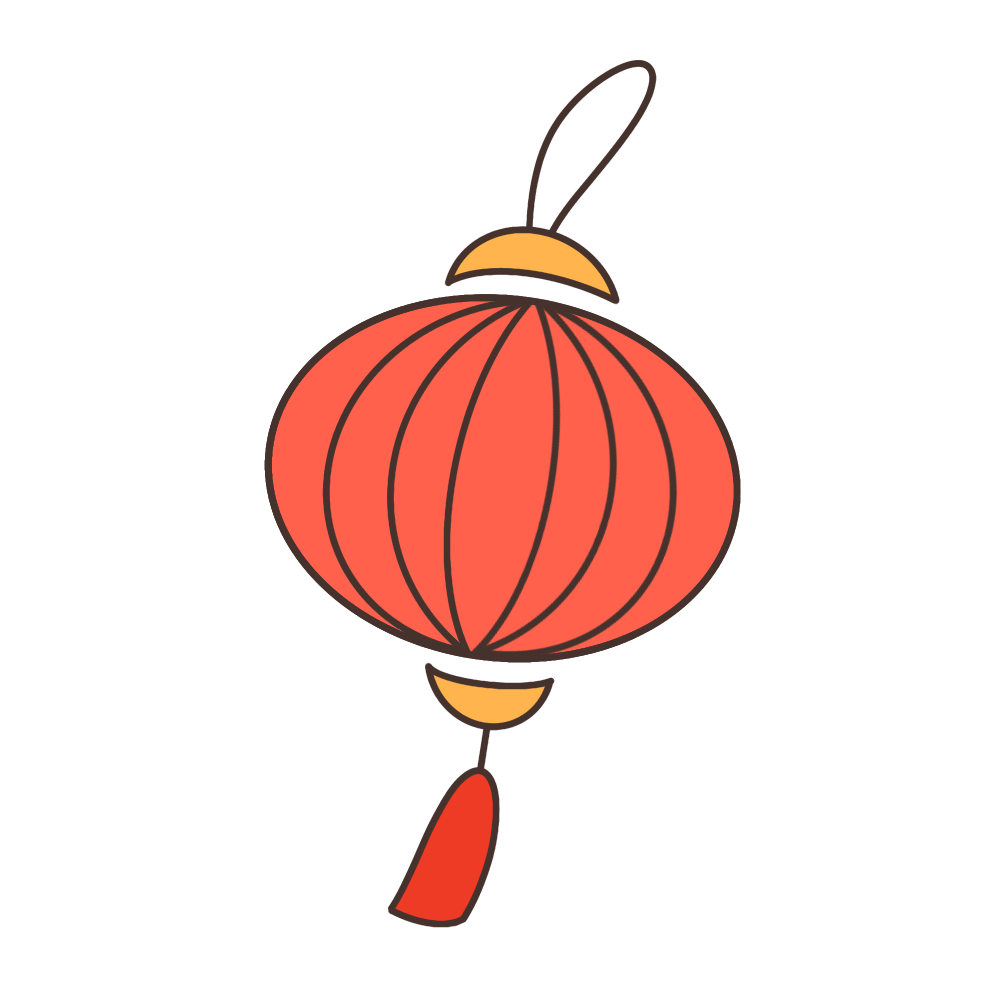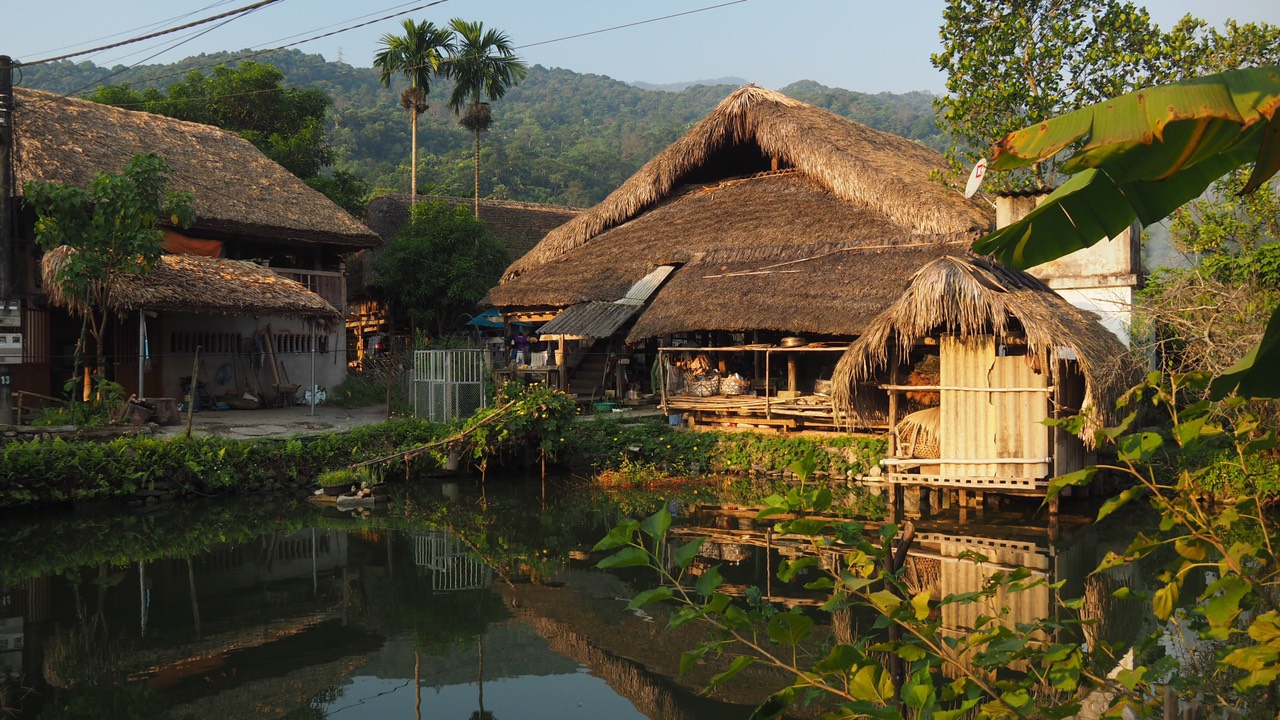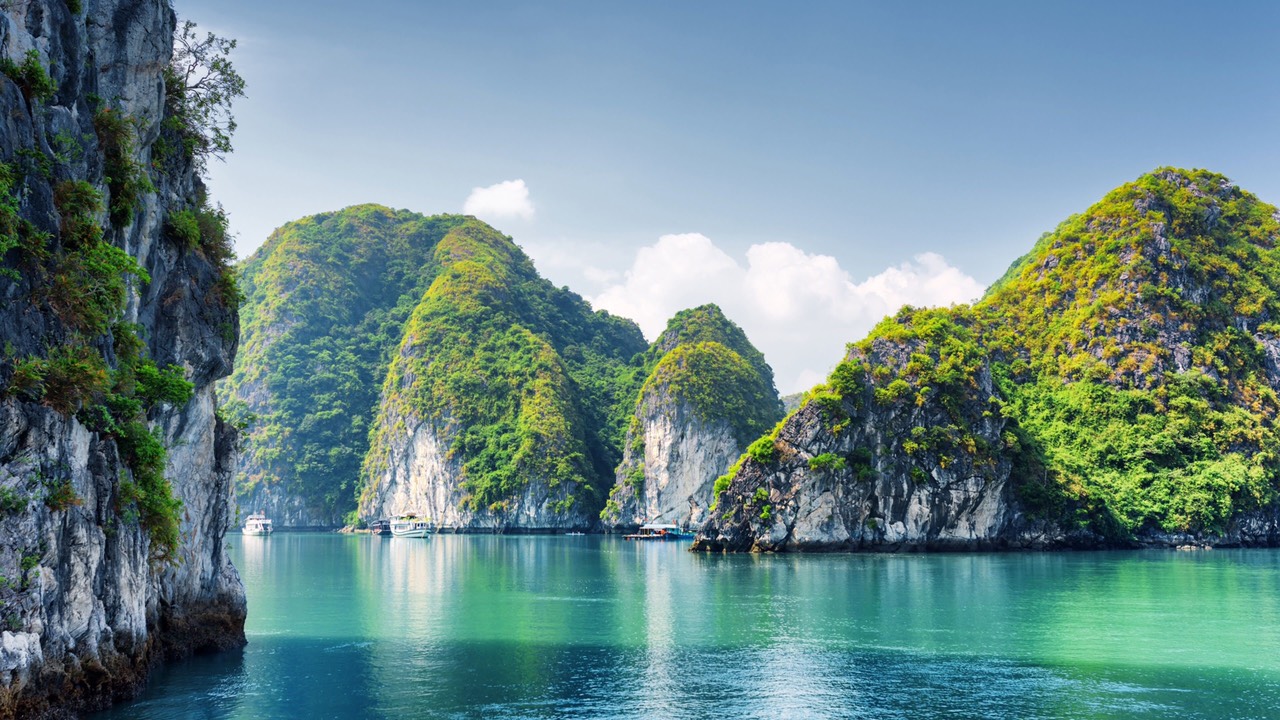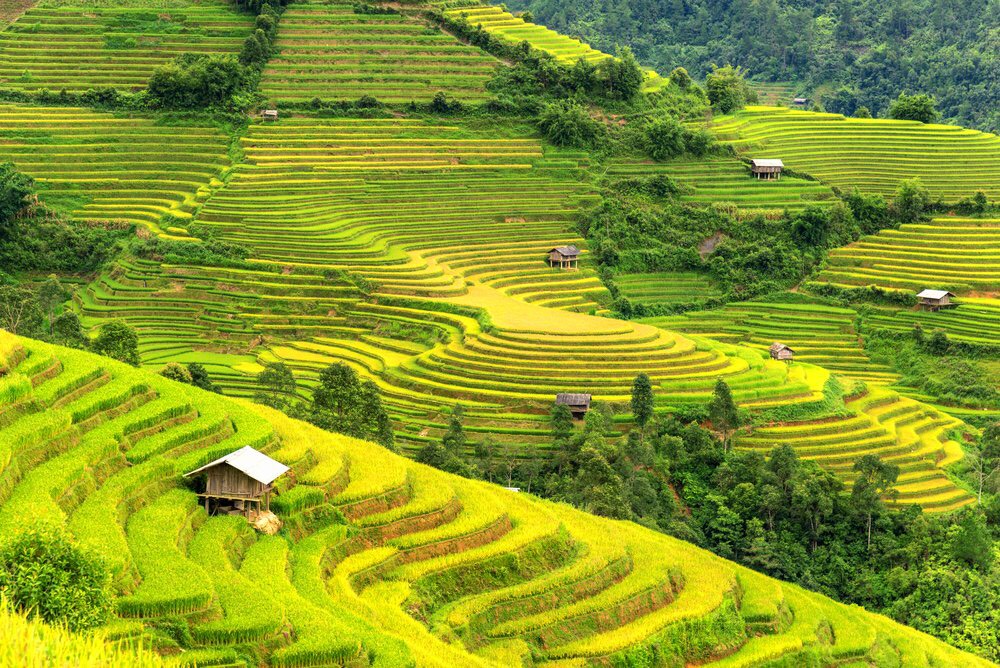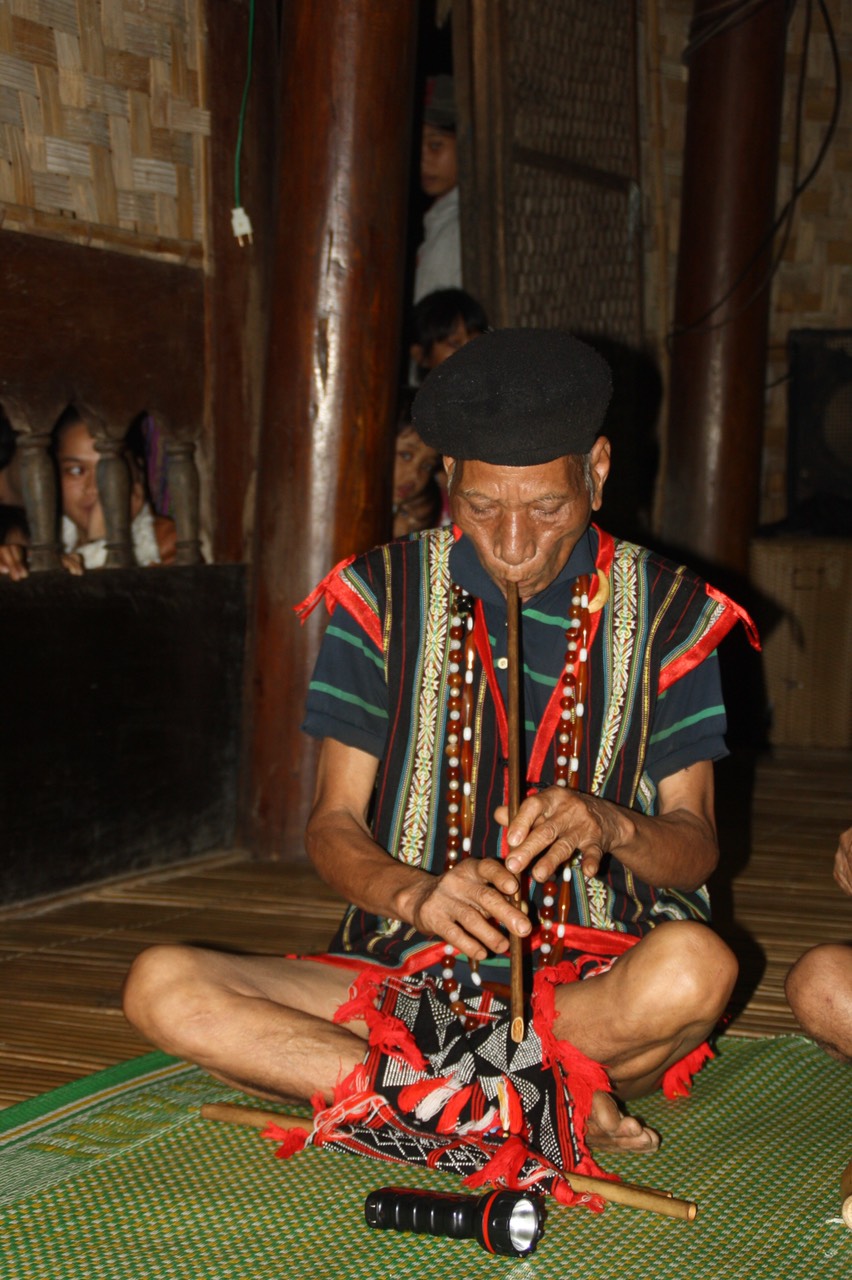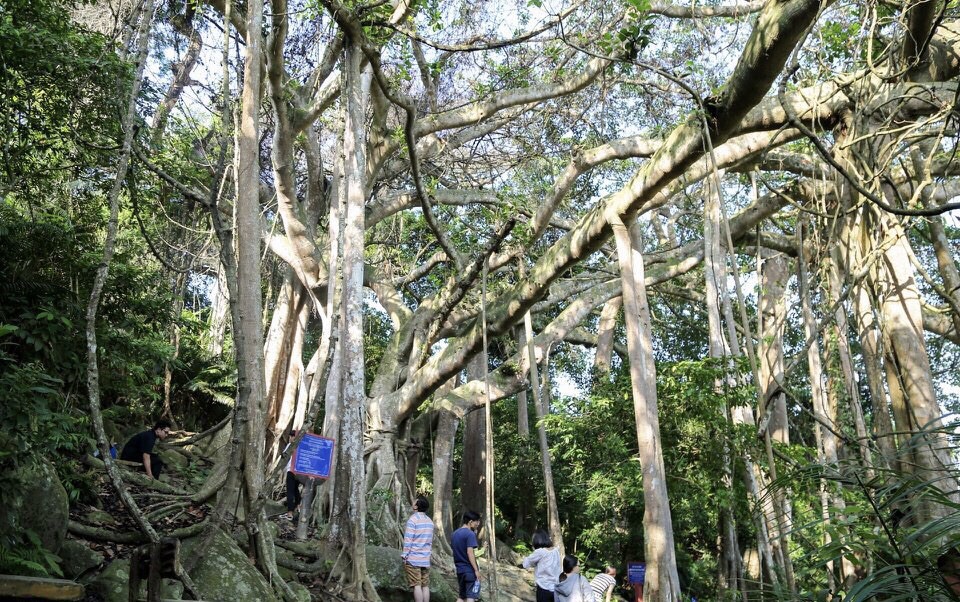
When you visit a city, a village in the countryside from north to south, you will not fail to pass or enter one of the many pagodas in Vietnam.
Pagoda, “Chua” in Vietnamese, is the place where Buddha is worshipped, not to be confused with the “Den” temple which is dedicated to genies and historical characters, to venerable and ancient monks….
The cây đa, banyan tree, pagoda fig tree, is a sacred tree for Buddhists that will therefore be found mainly in front of pagodas.
In the village, the banyan tree is present in many different places but it is almost not absent from the monuments, especially from the communal house and the pagoda.
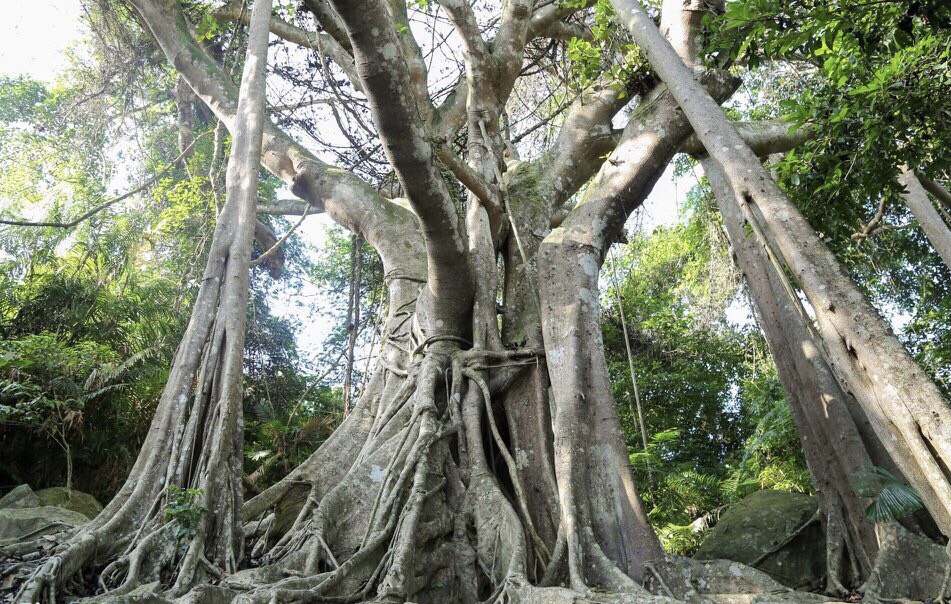
The most famous, and the most sacred of these trees called Bodhi tree is located in the north-east of India in the city of Bodh-Gaya, 100 km from Patna, one of the four holy places of Buddhism and it is under its foliage that Buddha, the founder of Buddhism, reached the Bodhi, the awakening or supreme knowledge.
Some of the many famous ones in Vietnam:
– 60 years ago, during his official visit, the Indian president Rajendra Prasad offered to his Vietnamese counterpart Ho Chi Minh a fig tree from the tree under which Buddha had reached enlightenment”, Bodhi tree, it was then planted in the enclosure of the Trân Quôc pagoda, in Hanoi.
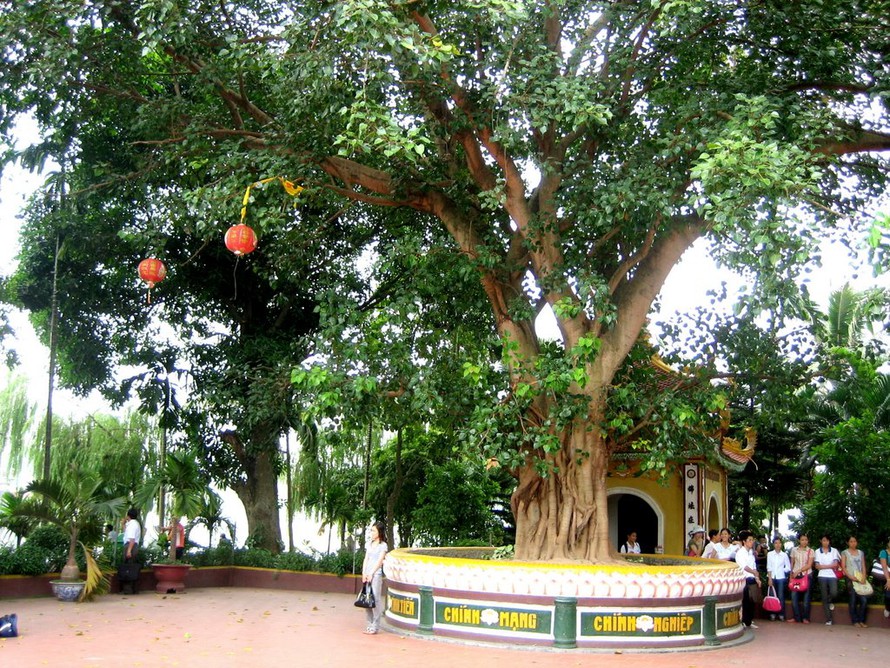
– Hai Phong’s 13-root banyan tree recognized as heritage tree.
– The thousand-year-old banyan tree of Tan Viên Son Thanh temple, Quyt hamlet has been recognized as a “heritage tree of Vietnam” as well as two banyan trees more than 200 years old in the island district of Ly Son.
Ly Son is a small charming island off the coast of Quang Ngai (center) where onions are cultivated…little known by foreign tourists, it ensures authenticity. Be careful, no beaches in Ly Son, they collect, on the pebble beaches and submerged rocks, the seaweed to make a drink…there you must dare. There is on this island a very beautiful pagoda, the Hang pagoda, which is located in a cave.
– The famous three hundred year old banyan tree of Tân Trào (north), whose image is closely linked to the Vietnamese Revolution and to General Giap.
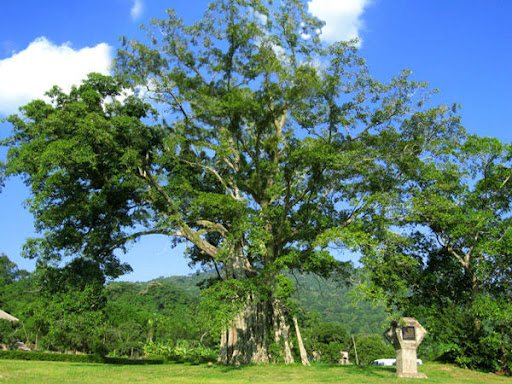
The one in Son Tra (Danang), considered as one of the most majestic trees in Vietnam, this tree has been officially recognized as one of the Vietnamese heritage trees.
– Among the La Chi in Ban Phung (north, Hoang Su Phi district) and a group of 3 others equally impressive in Nghia Lô which have been classified as Heritage.
Banyan is also used in traditional medicine for many ailments
Its roots, dried and reduced to powder, are the only food authorized at the beginning of the cycle for sterile women.
Its milky sap treats skin inflammations and warts. Its latex, wounds and ulcers.
In infusion, its buds are used against diarrhea and dysentery. Its fruit calms the mucous membranes but can also be used as a light laxative.
And the ends of its aerial roots help to prevent gum problems to the point that some toothbrushes are cut from these roots.
